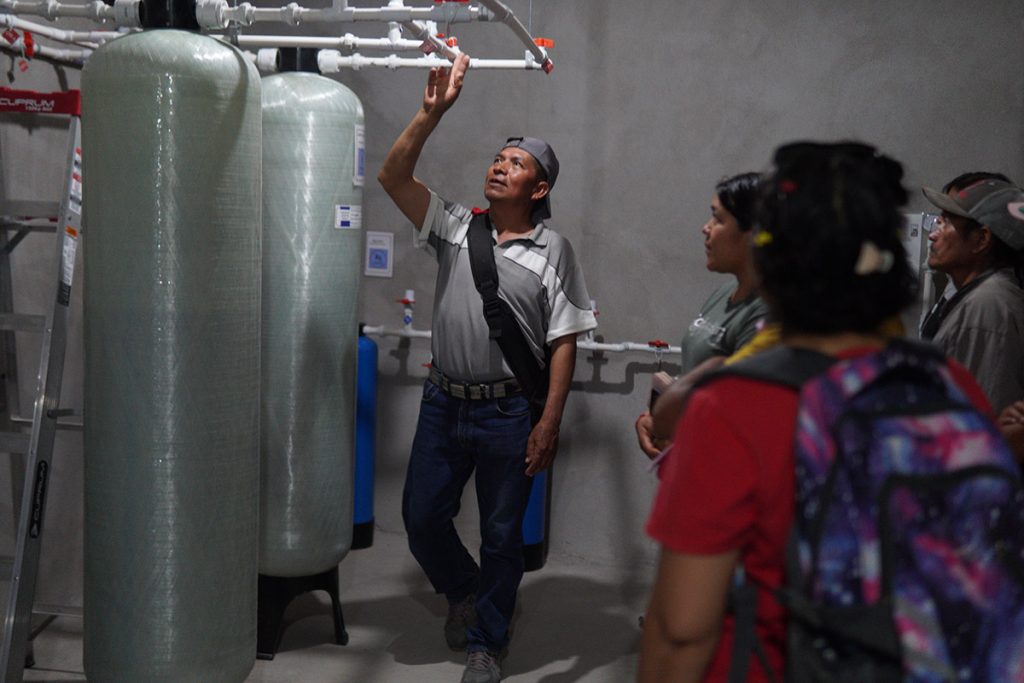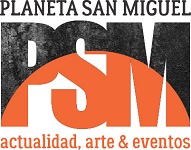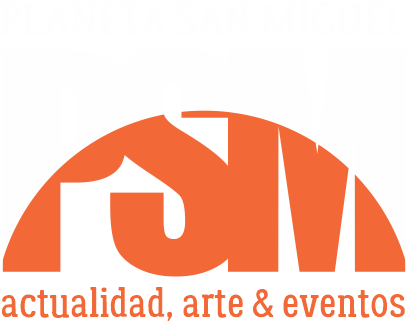By Dylan Terrel
Situated in the Upper Río Laja Watershed, which stretches across seven municipalities in northern Guanajuato state, San Miguel relies almost exclusively on groundwater to meet its water needs. Whenever you open a tap at home, you’re using water pumped from an underground aquifer serving more than 740,000 people in our region. Unfortunately, the water in this region has been declining at an alarming rate— 0.5 to 2 meters (up to ~7 feet) per year—making it one of the most overexploited water regions in the world.
The remaining water is increasingly contaminated with arsenic and fluoride, substances that are notoriously difficult to remove and linked to a host of chronic diseases, such as dental and skeletal fluorosis, developmental and learning disabilities in children, and even several types of cancer.
For over 13 years, Caminos de Agua, a local nonprofit organization, has been working to address these issues in our watershed and beyond. Our approach is rooted in a fusion of social and technological processes: We help identify the issues through our water monitoring program, raise awareness through educational programs, develop and implement clean water solutions with those most at risk and a large network of Mexican and international academic partners, and increase engagement of government and other key stakeholders in order to deepen our impact.
Over the years, we’ve built more than 1,500 large-scale rainwater harvesting systems, in partnership with numerous grassroots organizations, community groups, other NGOs, and local government – generating a lifetime of clean drinking water for thousands in rural Guanajuato. Rainwater, inherently free of arsenic and fluoride, is crucial in supplementing our finite groundwater supply; however, it’s not a silver bullet. That’s why, in conjunction with many partners, “Caminos” has also developed pioneering technology capable of removing arsenic and fluoride from groundwater efficiently, economically, and at the entire community scale. Winner of the 2022 RELX Environmental Prize, we are now also implementing these systems – which are completely owned and operated by local communities themselves – in rural villages today.

At Caminos, we believe we all can help tackle the water crisis, helping to fulfill our mission “to improve human health and community well-being through adequate and affordable access to clean water.” More than just an organization, Caminos is a network of leading academic researchers, environmental NGOs, grassroots organizational partners, community collaborators, and cherished volunteers and donors supporting the critically-needed work we do.











